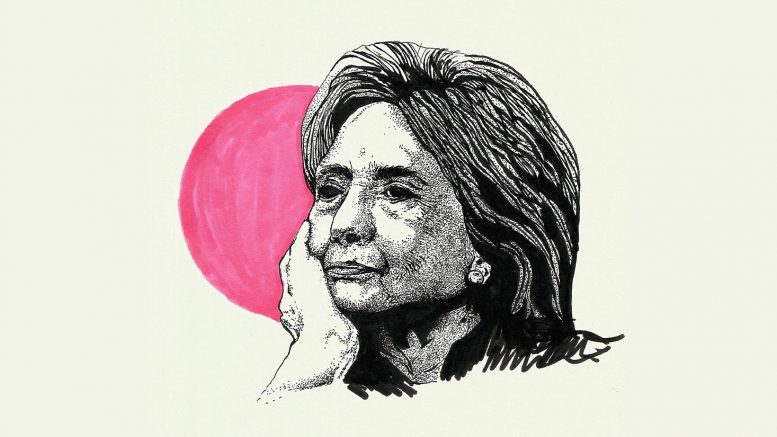I don’t agree with Hillary Clinton. However, I don’t disagree with Clinton because of her femininity, nor because of her status as a woman. My disagreement with Clinton stems primarily from policy. Yet with less than two weeks left until the U.S. presidential election, Clinton is still being criticized for how she acts as a female politician, with emphasis on female.
In the third instalment of the ‘this can’t possibly be real, it’s 2016’ presidential debate, Donald Trump interrupted Clinton’s reference to his failure to pay taxes by calling her a “nasty woman.” It only took hours for “nasty woman” t-shirts to sweep the Internet as hundreds of women went online to call out Trump for his consistently shameful and misogynistic treatment of women. This is only one example in a series of horrible incidents women have had to experience in the world of politics.
Described as cold, unlikable, robotic, and stiff, Clinton has been criticized ad nauseam for the way she carries herself as a female politician; she’s been called out for not smiling enough, for laughing too loud, for her lack of good humour, and the accompanied list of recommended beauty changes is endless.
This unwarranted advice from commentators is only a sample of the blatantly sexist dynamic that women face in the political world. We don’t have to map out a grand patriarchal conspiracy to conclude that, in an institution created and dominated by men and mainly limited to men, women are mansplained to, talked down to, condescended to, and objectified.
Female politicians continuously face double standards. If a male politician cries, he is sensitive and kind-hearted, but when a female politician cries, she is deemed hysterical.
This is not only true of the United States, for we see this globally. If you Google the president of Croatia, the image results will be pictures of a blonde woman in a bikini who is in fact not the president of Croatia. Accused of being in a pornographic movie days after winning her seat in office, the president of Croatia, Kolinda Grabar-Kitarović, was answering more questions about who she was wearing or where her husband was than about her policies.
Such sexism toward female politicians has at times turned violent and even life-threatening. For example, when Bolivian councilwoman Juana Quispe refused to resign after pressures to do so for her hand in helping female colleagues file harassment complaints, she was strangled and her body was dumped near a river. The murder has yet to be solved, and although police attributed it to an attempted robbery, critics question that determination since it came as part of a series of attacks against female politicians in Bolivia.
Despite the number of women in parliaments around the world doubling in the last 21 years, women make up only 22.8 per cent of all parliamentarians today. We’ve still got a long way to go.
Here in Canada, we have our own gender gap when it comes to female representation. Women make up 50 per cent of Canada’s population, but only 25 per cent of Parliament. Further, we rank 50th in the United Nations membership when it comes to female representation in national parliaments, falling far behind countries like Rwanda, Cuba, and Ecuador.
A democracy without women is not possible. We need to foster a political environment that is not only accessible for women but also fair, respectful, and safe. A political environment, that is, where women are assessed based on their integrity, dedication for public service, and hard work rather than negative stereotypes such as how they dress, the way they carry themselves, or the way they laugh or cry. Most importantly, we need to ensure that female politicians are protected from violent misogyny. Failing to act justly on behalf of our female politicians and leaders will be a huge cost to our democracy. This includes even those leaders you have fundamental political disagreements with, like myself with Hillary Clinton.
Clinton is certainly on the deserving end of a lot of criticism. However, that criticism needs to be of a legitimate aim. If problematic, the source of Clinton’s errors are her politics, not her womanhood.



